No, seriously.
Carter Page, former Trump foreign policy adviser, and FISA warrant target, highlighted in Devin Nunes’ otherwise unremarkable memo seems to have caught the attention of federal investigators back in 2013. This much is known.
What needs to be examined is why he was such a draw.
Let’s just say he’s… shady.
While we’re at it, let’s just say he once boasted of being an adviser to the Kremlin.
We can just say that because he did.
Time.com was able to obtain a copy of the letter and made it public on Saturday.
The letter, dated Aug. 25, 2013, was sent by Page to an academic press during a dispute over edits to an unpublished manuscript he had submitted for publication, according to an editor who worked with Page.
“Over the past half year, I have had the privilege to serve as an informal advisor to the staff of the Kremlin in preparation for their Presidency of the G-20 Summit next month, where energy issues will be a prominent point on the agenda,” the letter reads.
The Nunes memo griped over Page being surveilled (even though it didn’t happen until a month after he’d left the Trump campaign).
Well, get over it, cupcakes. With this in his background, he needed to be watched.
House Democrats, the FBI and the Justice Department have all raised questions about what they say are omissions and misleading analysis in the Nunes memo. They argue the FBI presented multiple pieces of evidence, beyond the Steele dossier, in their request for a warrant against Page from the secretive FISA court. But President Donald Trump argued after declassifying the memo that it showed that “a lot of people should be ashamed of themselves.”
At the heart of the debate is the question of who, exactly, is Carter Page. Trump’s defenders argue that he was simply a low-level consultant to the campaign who has overstated his role as an adviser as well as his Russian contacts. The Steele dossier claims that during a trip to Moscow in July 2016, Page held secret meetings with a senior Kremlin official and a senior Putin ally that included conversations about helping Trump and hurting Hillary Clinton in the presidential campaign. The Steele dossier does not identify its sources and Page has denied any wrongdoing.
Don’t feel bad, Carter. At least they didn’t call you a “coffee boy.”
The problem with Page is that nobody seems to know how seriously to take him. He’s had several sketchy run-ins with Russian operatives, and has some oddly positive views on Russia, overall.
In January 2013, Page met a Russian diplomat named Victor Podobnyy at an energy conference in New York City, according to court documents. The two exchanged contact information, sent each other documents on energy policy and met several more times to discuss the topic, the documents allege. Two years later, in January of 2015, Podobnyy was charged in absentia — along with two other Russians — with working as a Russian intelligence agent under diplomatic cover.
Court records include a transcript of a conversation where Podobnyy talks about recruiting someone named “Male-1” by making “empty promises” about “connections in the [Russian] Trade Representation.” Page now acknowledges that he was “Male-1.” Podobnyy and one of the Russians had diplomatic immunity and left the U.S. The third Russian was arrested and eventually expelled from the U.S. in April 2017.
Page did speak with Time about some of the concerns of investigators, saying that in the first 9 months of 2013 he participated in a few roundtable discussions with representatives from around the world. He received a briefing from a Russian trade diplomat named Ksenia Yudaeva, and attended a few other meetings, but nothing major.
In June 2013, the FBI interviewed Page regarding his contacts with the Russians, Page says. The FBI believed that Russian intelligence services had attempted to recruit Page as an agent with promises of business opportunities in Russia, according to the 2015 court documents.
Page also claims the FBI’s attention to him is personal.
In that June meeting, he mocked the FBI, telling them there time was probably better spent investigating the Boston Marathon bombing, which had occurred the previous April.
He says that comment resulted in a retaliatory mission by the FBI.
Two months after his meeting with the FBI, Page sent the letter claiming to be a Kremlin adviser. In addition to his work as an energy consultant, Page has studied and written on Russian affairs, and had submitted a book for publication by the academic press. Page felt frustrated by the fact that he had revised his manuscript about Russian relations is Central Asia and it had not been reviewed again, according to the editor who has worked with Page in the past and who requested anonymity due to the confidential nature of the matter.
That’s not all. In 2008, the U.S. Embassy in Turkmenistan communicated with the State Department that Page met with officials in the country (formerly part of Russia) in order to ask for a job with their oil companies. He touted his work with Russia’s Gazprom, as experience.
The editor of the publication he had submitted his work to pointed out that Carter Page was just an odd guy.
The editor said that Page’s views on Russia were notably different from other scholars. “He wanted to make the argument that we needed to look more positively at Russia’s economic reforms and Russia’s relationship with Central Asia,” says the editor. “I didn’t think it was so weird, it was just contradictory to most mainstream Russian specialist’s views.”
The editor thinks Page was ultimately harmless in terms of national security threats. “I would never have seen him in the center of concern like this, or playing a role or being seen as an intermediary between the Russian government and a political candidate,” the editor said. “He struck me just as someone who had developed some strange academic views … and wanted to have them published,” the editor says.
“I just came to see him as a kook,” the editor says.
And that may be true.
Isn’t it funny how Trump has surrounded himself with people who have the most uncomfortable attachments?
At least we know why Page was such a focus in the dossier.
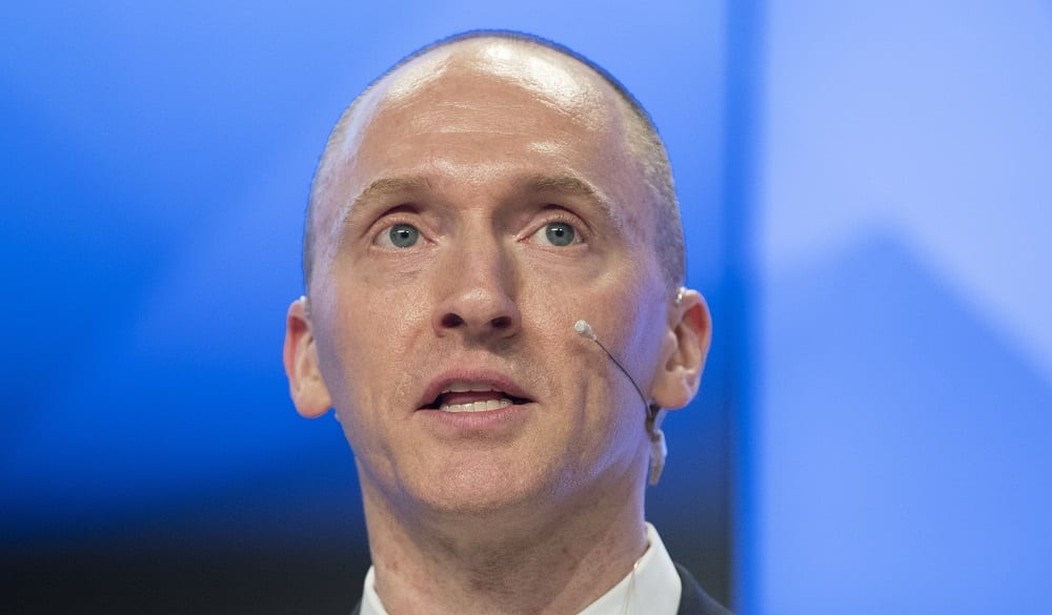
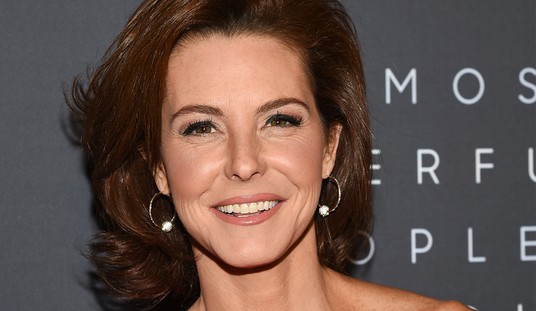
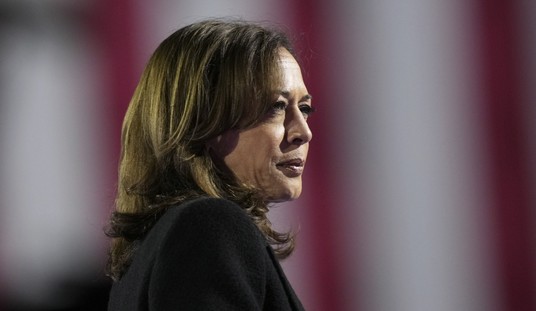

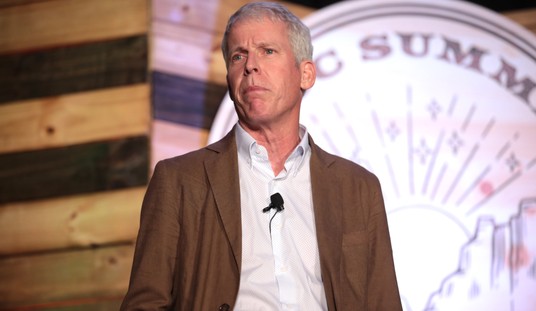
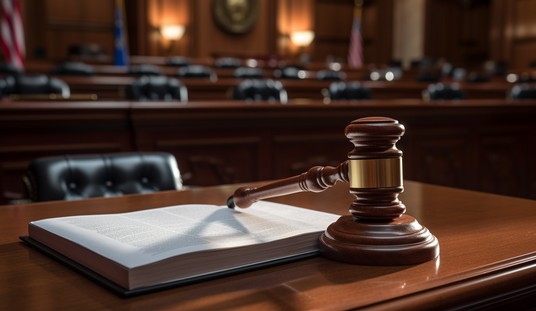
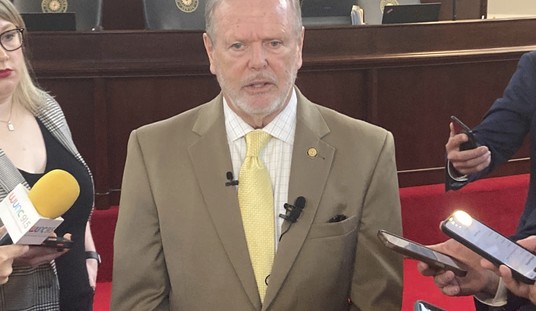



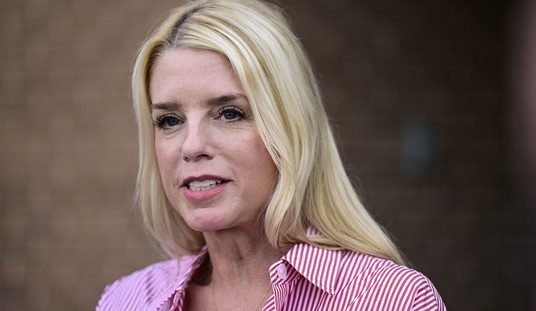
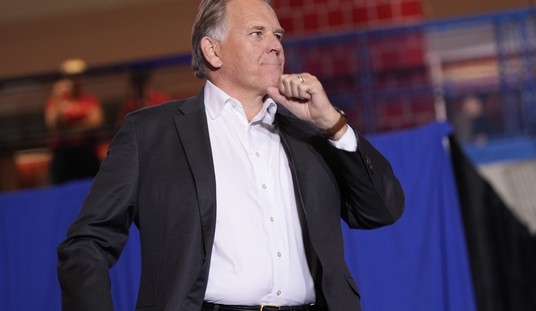

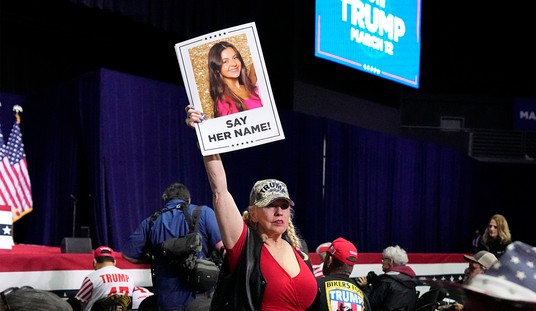
Join the conversation as a VIP Member